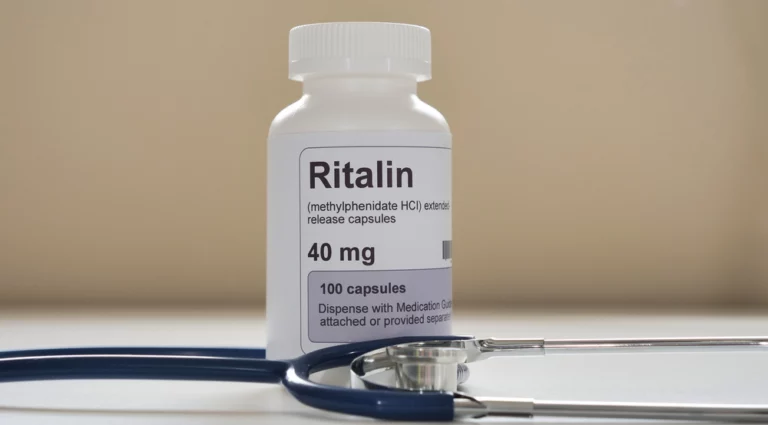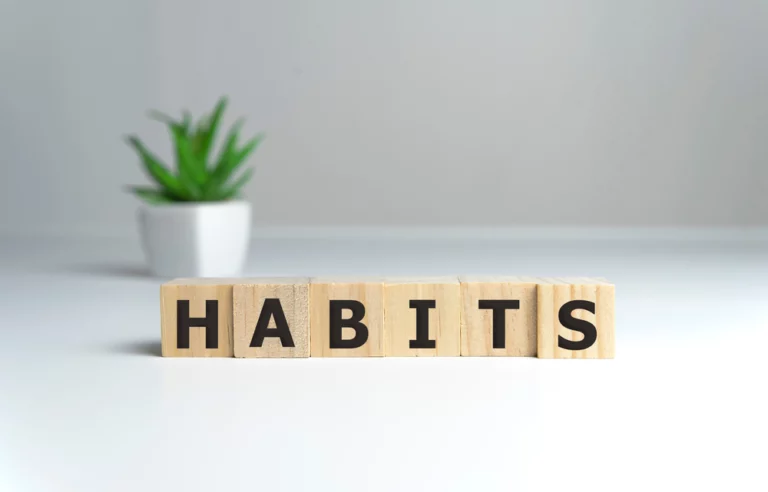Introduction
Let’s learn about breaking the stigma in recovery. There has been a significant shift in how society perceives mental health and addiction. Yet, despite progress, stigmas still persist, casting shadows of shame and misunderstanding over those who grapple with mental health challenges while navigating the path of recovery. In this blog, we delve into the complexities of mental health in the context of recovery, aiming to shed light on the intertwined nature of these issues and the importance of breaking this stigmatizing stigma.
Understanding Mental Health in Recovery
To comprehend the relationship between mental health and recovery, it’s essential to grasp the multifaceted nature of both concepts. Mental health encompasses a spectrum of conditions, from mood disorders like depression and anxiety to severe illnesses such as schizophrenia and bipolar disorder. Similarly, recovery from addiction involves a journey of healing, characterized by efforts to abstain from substance use, address underlying issues, and rebuild a fulfilling life.

The Interplay of Mental Health and Addiction
Mental health and addiction often intersect, forming a complex web of challenges for individuals seeking recovery. Many people turn to substances as a way to cope with underlying mental health issues, using drugs or alcohol as a temporary escape from emotional pain or distress. However, substance abuse and drug addiction can exacerbate these problems, leading to a vicious cycle of addiction and cravings and then worsening mental health symptoms.
Moreover, the stigma surrounding mental illness can act as a barrier to seeking help for both mental health concerns and substance use disorders. Fear of judgment or discrimination may prevent individuals from reaching out for support, perpetuating feelings of isolation and shame, thus reinforcing the cycle of stigma in recovery. Breaking the stigma in recovery is essential for creating a supportive environment where individuals feel empowered to seek the help they need without fear of judgment or discrimination. By challenging misconceptions and promoting understanding, we can foster a culture of acceptance and support, paving the way for healing and recovery.
Breaking Down Stigma
Breaking the stigma in recovery around addiction and mental health is crucial for fostering a supportive environment where individuals feel safe to seek help and pursue recovery. Education plays a pivotal role in challenging misconceptions and promoting understanding. By learning about the complexities of mental health and addiction, we can cultivate empathy and compassion, replacing judgment with acceptance.

Dispelling Myths and Misconceptions
One of the first steps in breaking down stigma is to dispel myths and misconceptions about mental illness and addiction. Contrary to common beliefs, mental health conditions are not simply a matter of personal weakness or character flaws. They are legitimate medical conditions that require treatment and support. Similarly, addiction is not a moral failing but a complex brain disorder with biological, psychological, and environmental factors at play.
Embracing Compassion and Empathy
To counteract the stigma surrounding addiction, including the stigmatized term “junkie,” and mental health challenges, we must foster compassion and empathy toward those facing these struggles. Words hold significance in this effort; rather than categorizing individuals by their circumstances, it’s vital to acknowledge their inherent worth and dignity. By extending support and understanding, we can cultivate a culture of inclusivity and acceptance, where everyone is valued and respected.

Promoting Access to Treatment and Support
Another crucial aspect of breaking stigma is promoting access to treatment and support services for mental health and addiction. This includes destigmatizing seeking help and advocating for policies that prioritize mental health care and addiction treatment. By investing in prevention, early intervention, and recovery-oriented services, we can empower individuals to seek the help they need without fear of judgment or discrimination.
Conclusion: Breaking The Stigma In Recovery
In conclusion, breaking the stigma surrounding mental health and the stigma of addiction in recovery is essential for creating a more supportive and inclusive society. By understanding the interplay of mental health and addiction, dispelling myths, and embracing compassion, we can dismantle barriers to treatment and support. Together, let us work towards a stigma-free future where everyone can openly seek help, find healing, and thrive in recovery.
Through education, empathy, and advocacy, we can change the narrative surrounding mental health and addiction, replacing stigma with acceptance and understanding. In doing so, we not only support individuals on their journey to recovery but also foster a community where everyone’s mental health is valued and prioritized.
Connect With Us Now
Reach out to us now for immediate support, or let us know the best time to contact you through our confidential callback service. Your journey to healing is just a conversation away.








